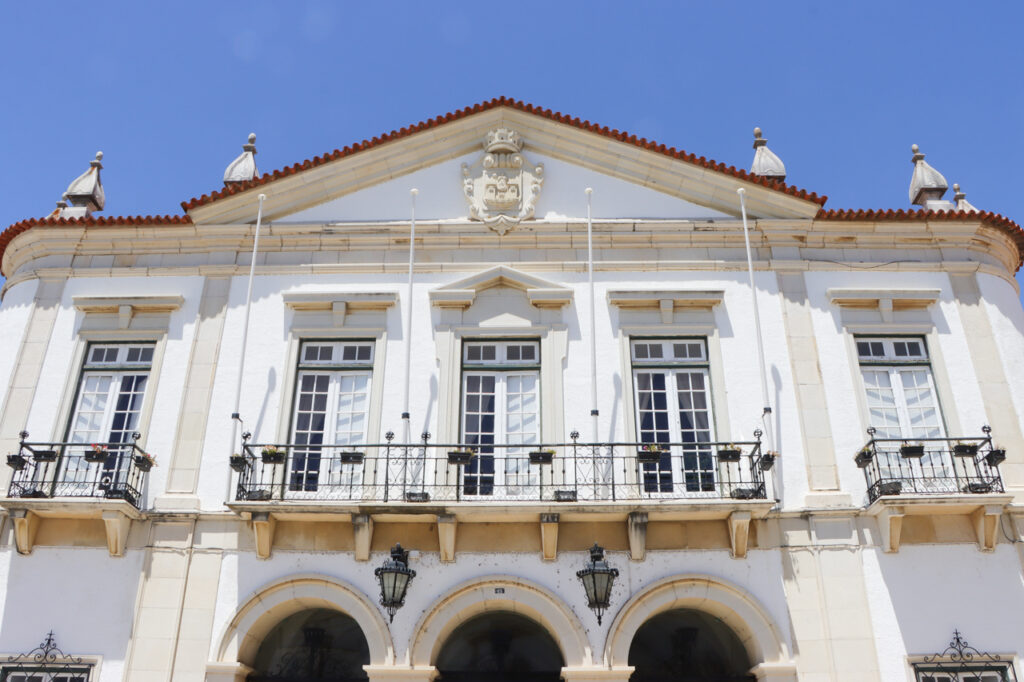The accounts for the 2019 financial year of the Chamber of Faro were approved by a majority at the meeting of the Municipal Assembly, which took place this Friday, June 26th. The documents received the positive votes of the coalition benches (PSD, CDS, MPT and PPM) and abstentions from PS, PAN, CDU and Left Bloc.
According to the Chamber of Faro, «consolidating the path of reducing liabilities, the year 2019 reflects a medium and long-term debt of 17.460.173,65 euros, which represents a decrease of about 2,3 million compared to 2018. This means that the The municipality managed to reduce, in the last six years, close to 27 million euros of medium and long-term debt – without this compromising its investment capacity».
The municipality emphasizes that «also the short-term debt of the Municipality of Faro reduced in 2019 compared to the previous year, by around 100 thousand euros, having gone to 578.091,90 euros».
Regarding revenue, the Chamber of Faro obtained a total of 50.004.598,33 euros last year, approximately 4,3 million euros more than in 2018.
Of this amount, 12 million euros (11.920.039,74 euros) were collected through the Municipal Property Tax (IMI), an amount that registered a very slight decrease compared to 2018 (11.927.620,59 euros).
With regard to the Municipal Tax on Onerous Property Transactions (IMT), it remained at 8 million euros (8.011.784,14 euros), an amount equivalent to 2018 and about double the amount calculated in 2017.
On the other hand, municipal revenues related to the Single Circulation Tax (IUC) rose "very slightly" (about 87 thousand euros) from 2018 to 2019, standing last year at 2.226.249,78 euros. In this exercise, the Chamber of Faro it also paid 2.403.907,91 euros relating to the Surcharge, a municipal tax levied on the taxable income of legal persons (53.210,79 euros less than in 2018).
The Chamber of Faro It also highlights «the execution rate of the Municipality's revenue, which, in 2019, was again above 100 percent: 103%. With regard to expenditure, the execution rate was 83,7%, a figure well above that which was usual in the Municipality, before the process of restoring its financial balance and the credibility that has since been recovered».
The 2019 balance sheet shows an “historically low average payment period of just 5 days. In 2018, the municipality paid 10 days. Long gone are the times when payments by the Chamber were extremely slow in time, reaching more than 300 days, which contributed to the destabilization of the economic fabric of the municipality».
The municipality also emphasizes that, this year, "it decided to implement the cash payment system, a measure that is part of the approved package to support the economy and mitigate the effects of the pandemic outbreak."
For Rogério Bacalhau, president of the Chamber, “these data show healthy accounts and realistic management. Only in this way can the municipality continue to assert itself as a credible partner, being, at the same time, capable of operating the great transformation that is taking place in the public space and in the capacity to make the municipality more dynamic, open, attractive and with quality of life for all our citizens».
The mayor also warns that, «were it not for the current good state of its accounts, the Municipality could not face the pandemic crisis and its socioeconomic effects in the muscular way it did, nor prepare the council's adaptation strategy to the difficulties of the whole the order that, unfortunately, is already being felt in our community».
An example of this, he concludes, «is the proposal that we are going to take to the Municipal Assembly for the reduction of urban IMI, for 2021, from 0,38% to 0,35%, a measure that will allow injecting around 1 million euros into the local economy».



















Comments